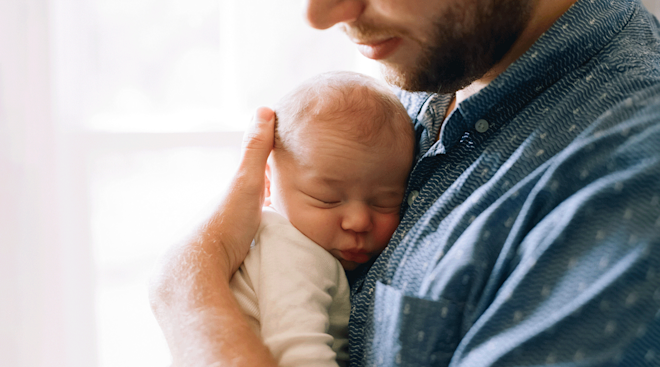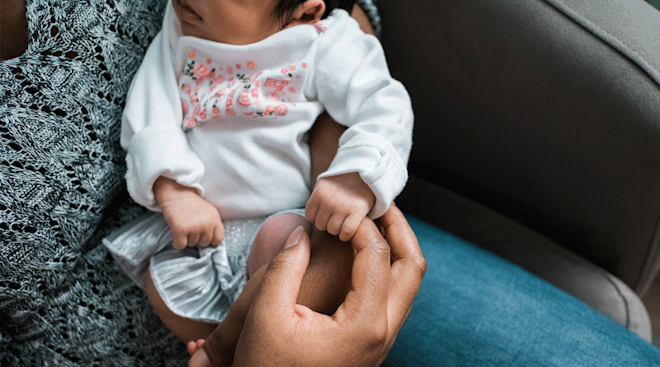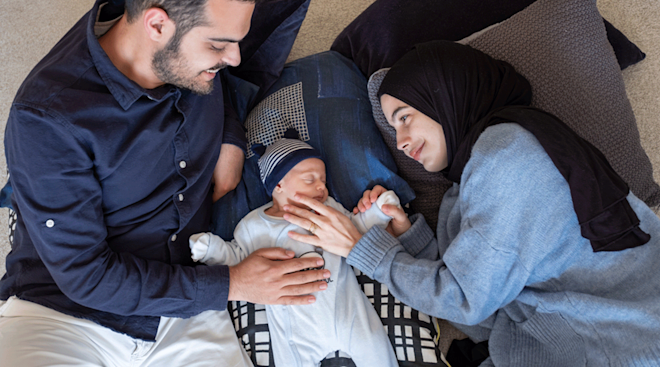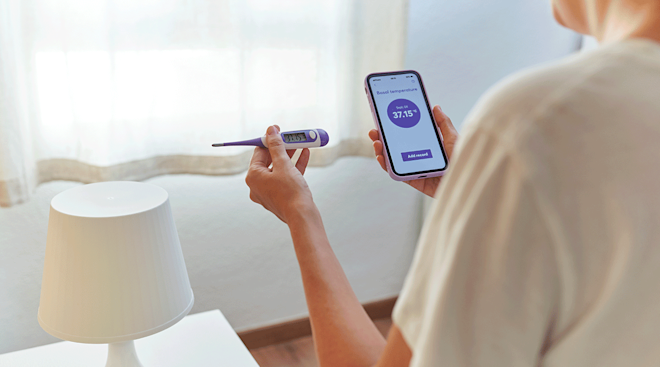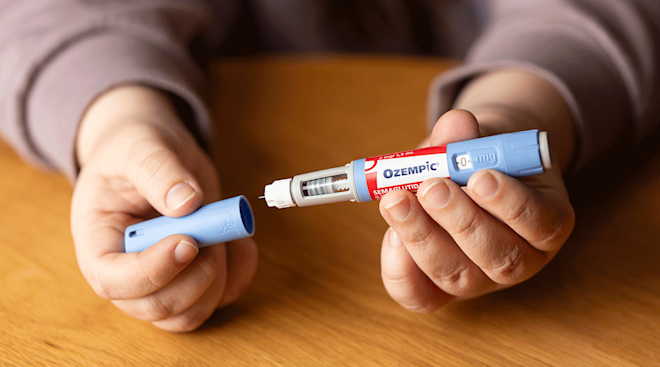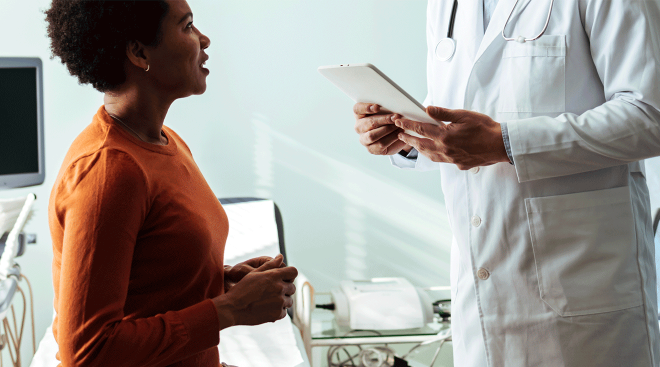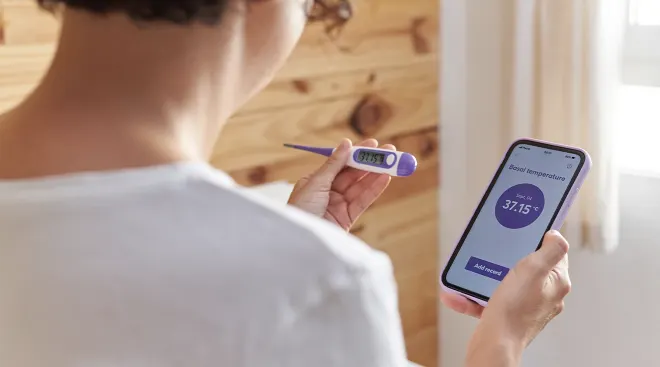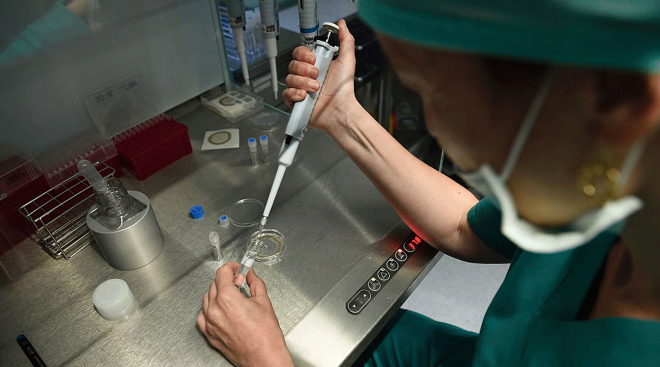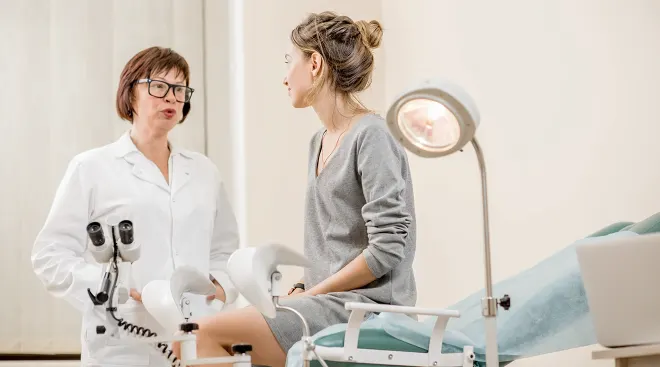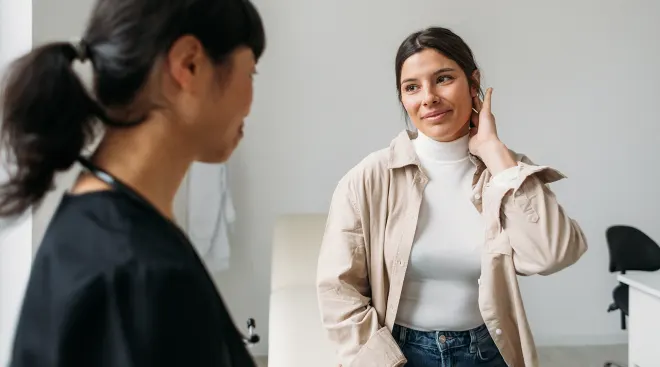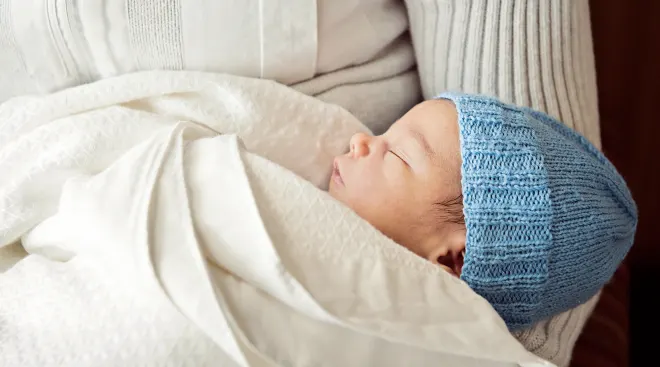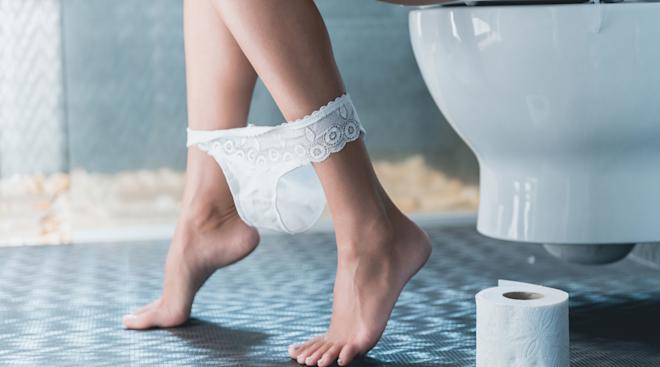Women’s Reproductive Lifespan Is Getting Longer, Study Says
For decades, experts in the medical community have cited 30 to 35 as the age when a woman’s reproductive systems begin to slow and it becomes harder to sustain a pregnancy. To date, a pregnancy past the age of 35 is considered “geriatric,” with increased risks of pregnancy complications. These factors have put pressure on women for years, but a new study is finding that women’s biological clocks are actually getting longer.
According to a recent study, published earlier this week in the Journal of the American Medical Association, the age when a woman’s reproductive systems begin to slow has increased from 35 to 37.1. Researchers looked at trends in menopause, reproductive life and other associated factors that affect American women, over the past 60 years. They found that the lifespan for a woman’s reproductive system has slightly increased, mostly due to the fact that, on average, girls are starting their first period earlier and women are starting menopause later. The study found that, on average, the age at which a woman goes through menopause has increased from 48.4 years to 49.9 years and the age at which a girl starts her first period has gone from 13.5 years to 12.7 years.
In recent years, many American women have been waiting longer to have kids. Plus, in 2020, the CDC reported America hit its lowest birth rate in 35 years. American women often feel tremendous pressure when it comes to the topic of when (and if) to have kids—and that’s without the added pressure society often puts them. While more research is needed to understand how this longer reproductive lifespan could impact other aspects of women’s health, the study may help ease some of the pressure that so many American women feel when it comes to having kids.
Please note: The Bump and the materials and information it contains are not intended to, and do not constitute, medical or other health advice or diagnosis and should not be used as such. You should always consult with a qualified physician or health professional about your specific circumstances.
Navigate forward to interact with the calendar and select a date. Press the question mark key to get the keyboard shortcuts for changing dates.




































